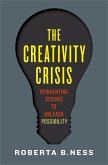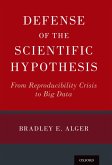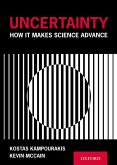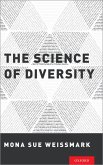The study of science, sometimes referred to as metascience, is a new and growing field that includes the philosophy of science, history of science, sociology of science, and anthropology of science. In the last ten years, the formal study of the psychology of science has also emerged. The psychology of science focuses on the individual scientist, influenced by intelligence, motivation, personality, and the development of scientific interest, thought, ability, and achievement over a lifespan. Science can be defined as explicitly and systematically testing hypotheses. Defined more broadly, science includes wider processes, such as theory construction and the hypothesis testing seen in children and "non-scientific" adults. Most prior work in the study of science has emphasized the role of explicit reasoning; however, contemporary research in psychology emphasizes the importance of implicit processes in decision-making and choice and assumes that the performance of many tasks involves a complex relationship between implicit and explicit processes.
Psychology of Science brings together contributions from leaders in the emerging discipline of the psychology of science with other experts on the roles of implicit and explicit processes in thinking. Highlighting the role of implicit processes in the creation of scientific knowledge, this volume links the psychology of science to many strands of psychology , including cognitive, social, and developmental psychology, as well as neuroscience. Ultimately, this volume raises awareness of the psychology of science among psychologists, philosophers, and sociologists of science, and anyone interested in the metasciences.
Dieser Download kann aus rechtlichen Gründen nur mit Rechnungsadresse in A, B, BG, CY, CZ, D, DK, EW, E, FIN, F, GR, HR, H, IRL, I, LT, L, LR, M, NL, PL, P, R, S, SLO, SK ausgeliefert werden.









